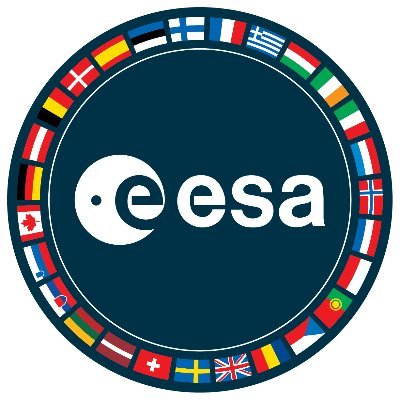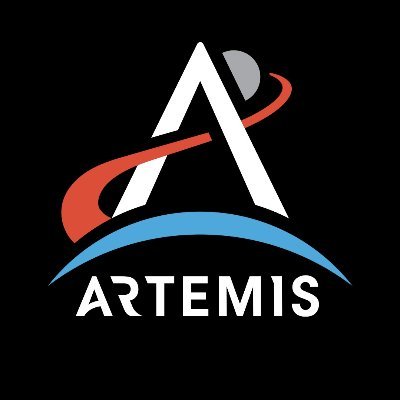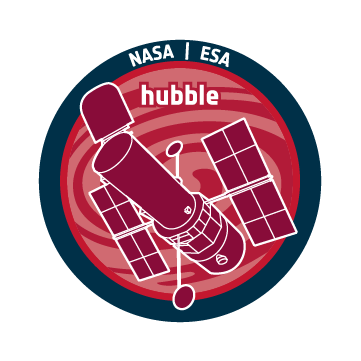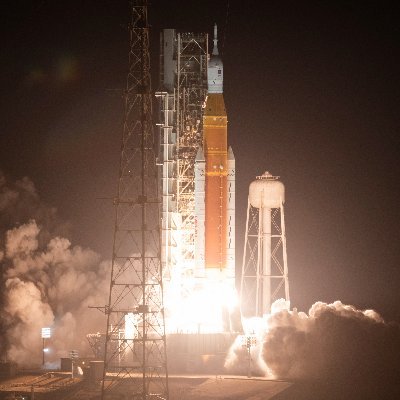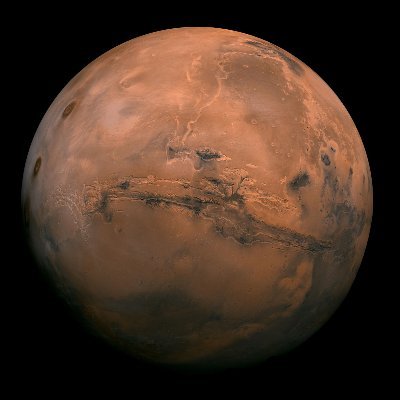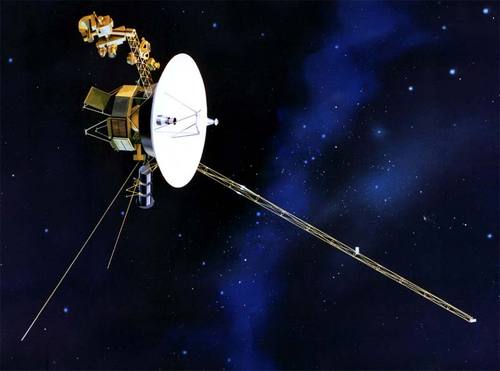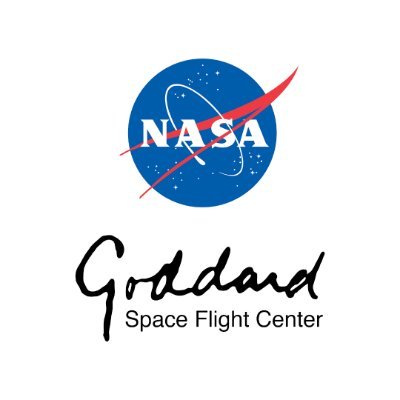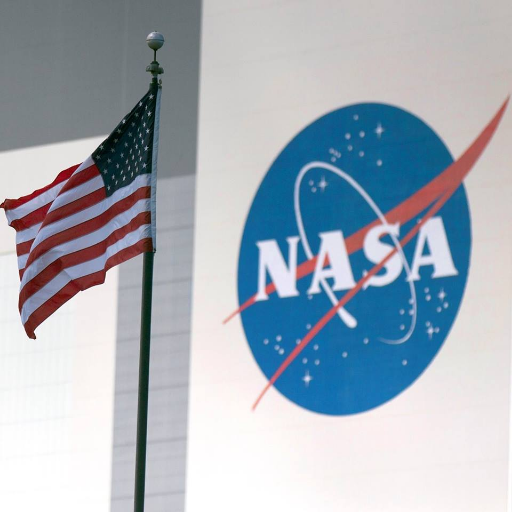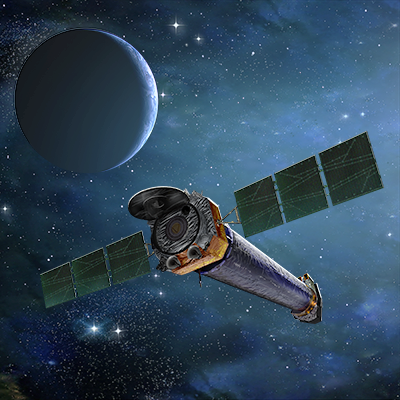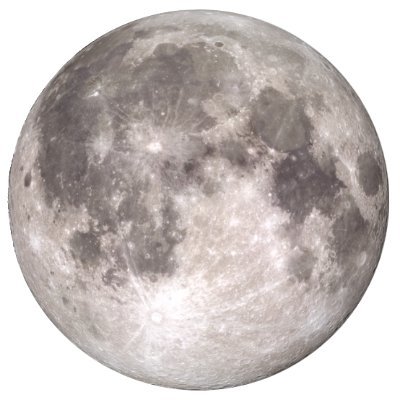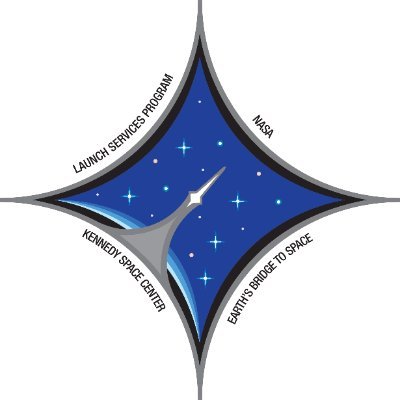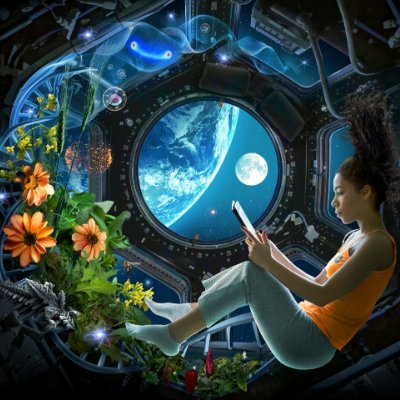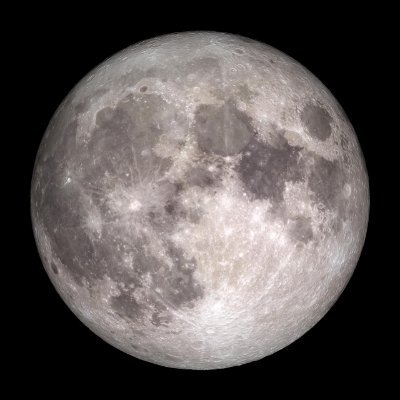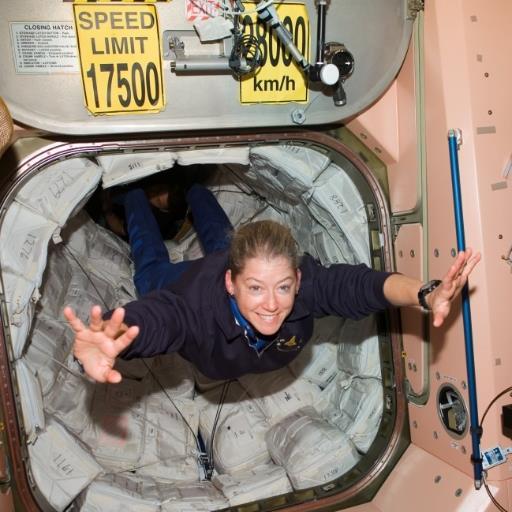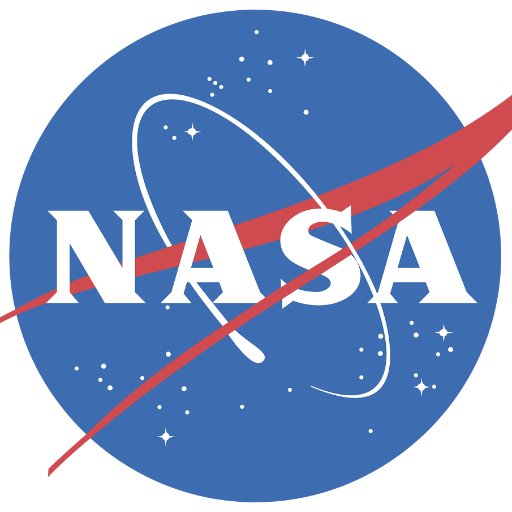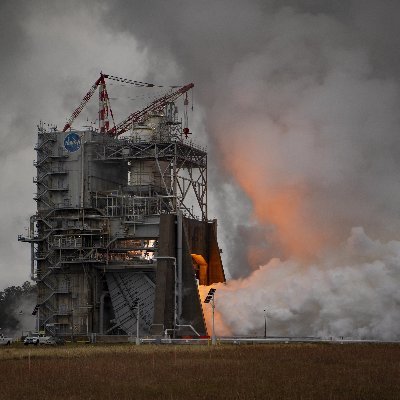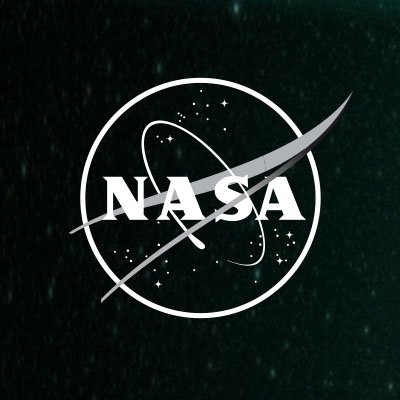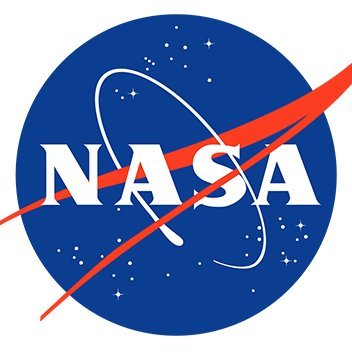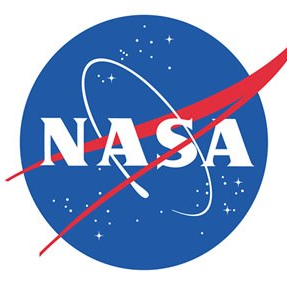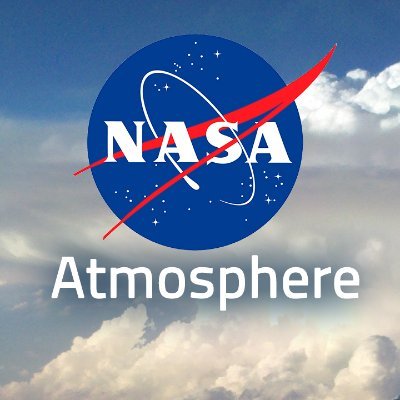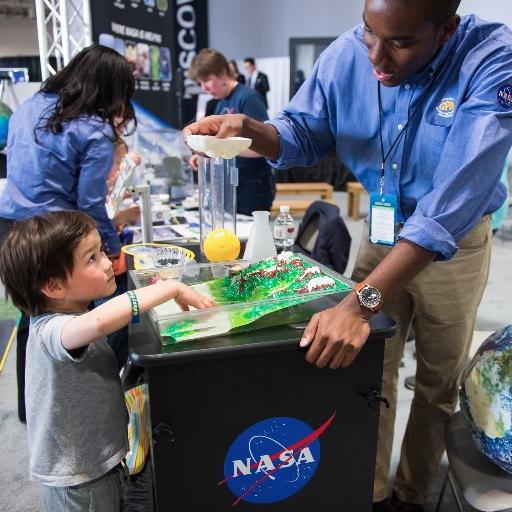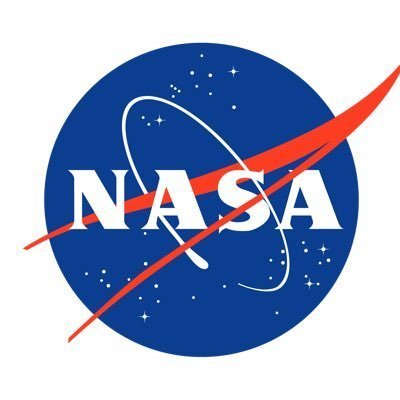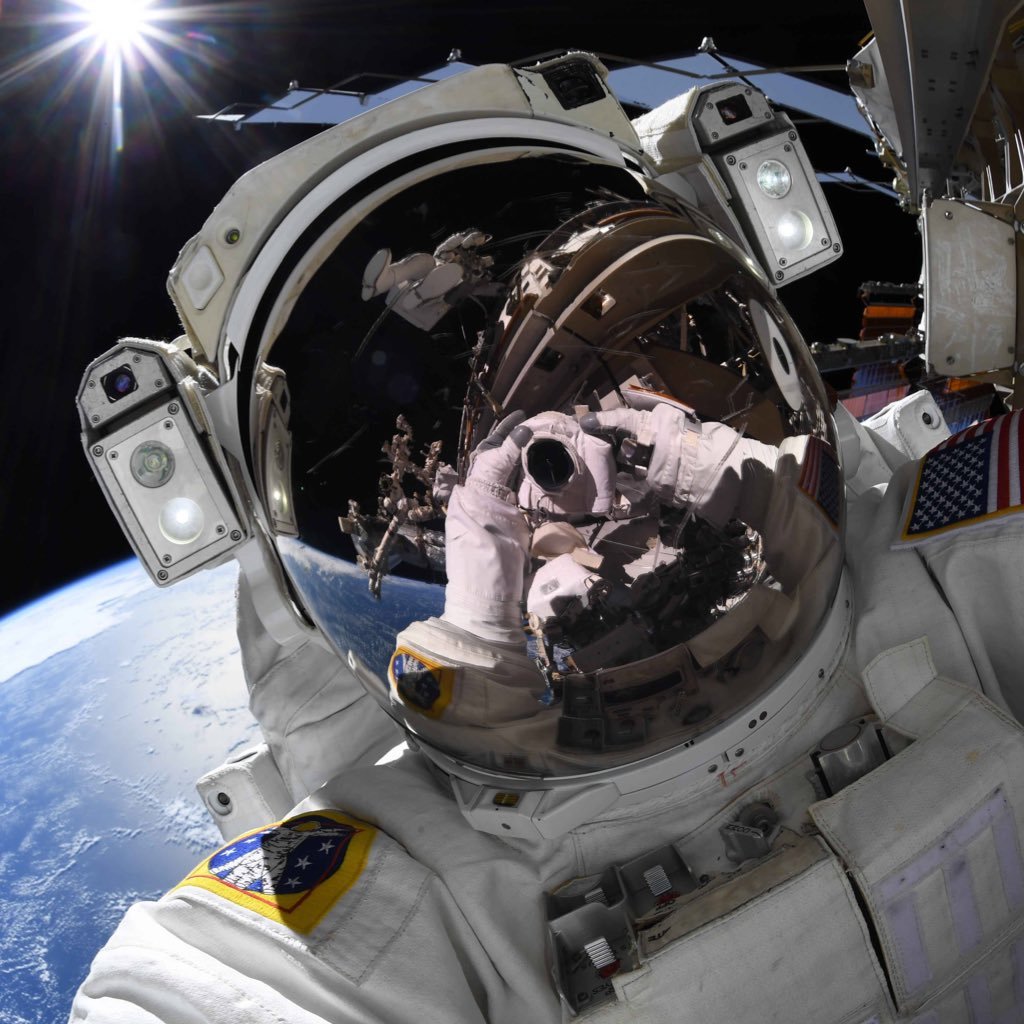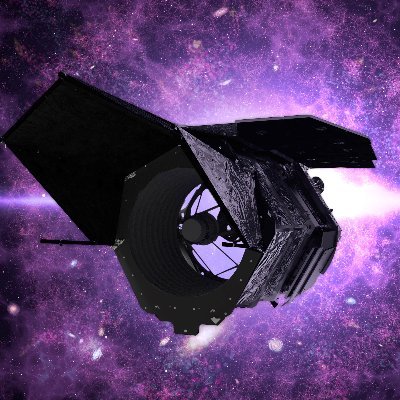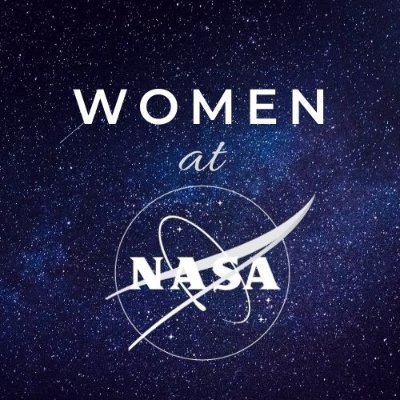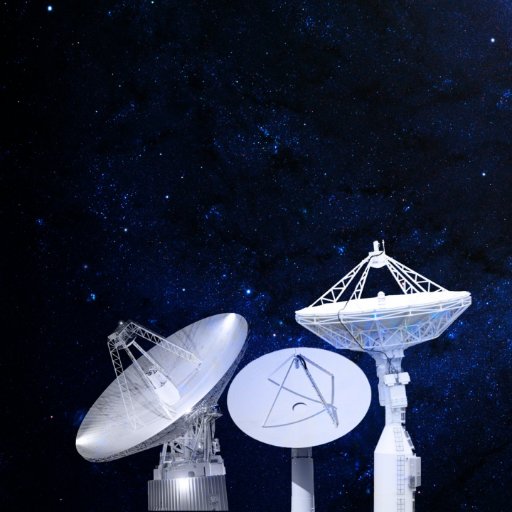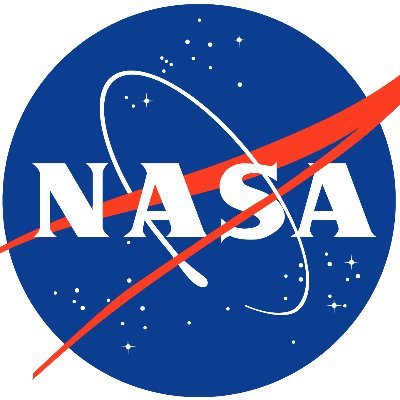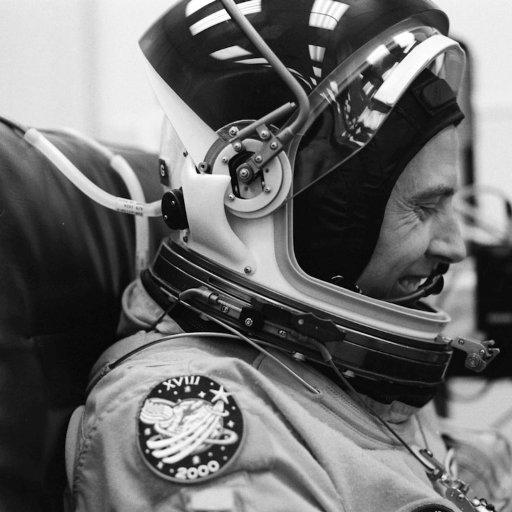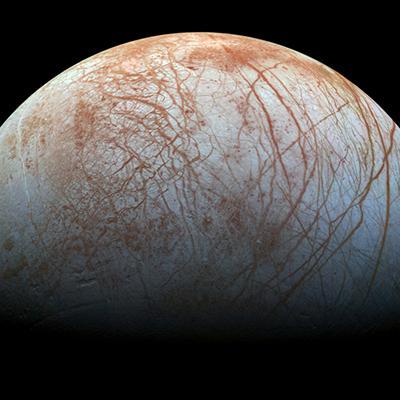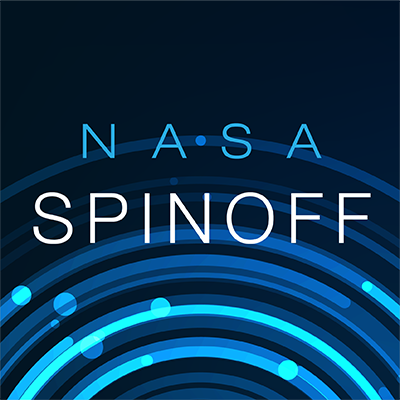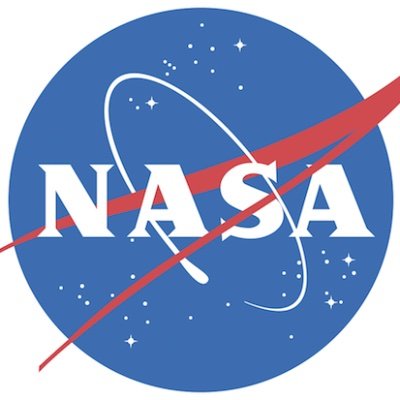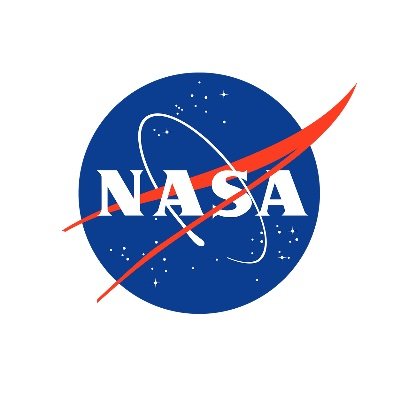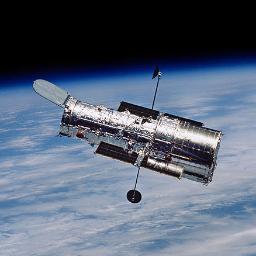
Hubble
@NASAHubbleThe official X account for the NASA Hubble Space Telescope, managed and operated by NASA's Goddard Space Flight Center.
Similar User

@BillGates

@NASAWebb

@Space_Station

@Tesla

@neiltyson

@ScienceNews

@NASASolarSystem

@NASAEarth

@HubbleTelescope

@NASAUniverse

@NASA_Technology

@NASAArmstrong

@SPACEdotcom
Even galaxies get tangled. This #HubbleFriday view shows a pair of interacting galaxies 390 million light-years away, called MCG+05-31-045... it rolls off the tongue. In many millions of years, this cosmic tangle will likely result in a galaxy merger: go.nasa.gov/40OoDWp

Take a moment to unwind... This #HubbleClassic view features the spiral galaxy NGC 2985, located 70 million light-years from our solar system. Its tightly wound spiral arms whirl outward from the galaxy's bright core. Find out more: go.nasa.gov/3Z3jKYr

Welcome to NGC 1672. This spiral galaxy resides about 49 million light-years away in the constellation Dorado. It's home to a supermassive black hole at its center, which powers an active galactic nucleus. Read more about this #HubbleFriday image: go.nasa.gov/3YHKHiM

Stars in bloom 🌹 Bright, colorful patches of star formation unfurl like red roses in this #HubbleClassic image. Known as NGC 972, this spiral galaxy is just under 70 million light-years away from us. Discover more: go.nasa.gov/4ejzYRo
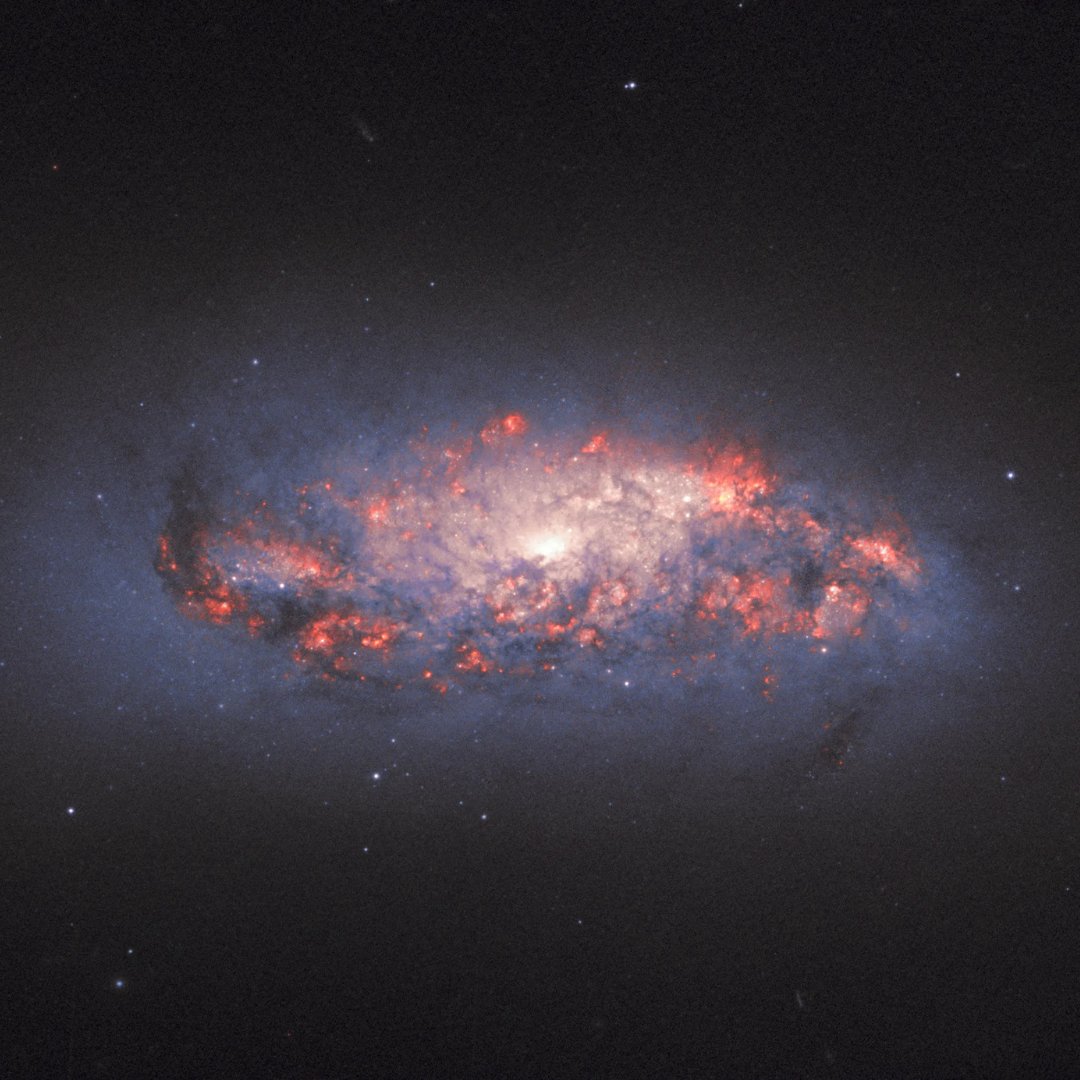
Wishing you a joyful #Diwali! Just as the cosmos lights up our universe with endless wonder, Diwali illuminates our homes and hearts. In this image, @NASAHubble captures a hotbed of star formation within M17, aka the Omega Nebula: go.nasa.gov/3Yso6qu
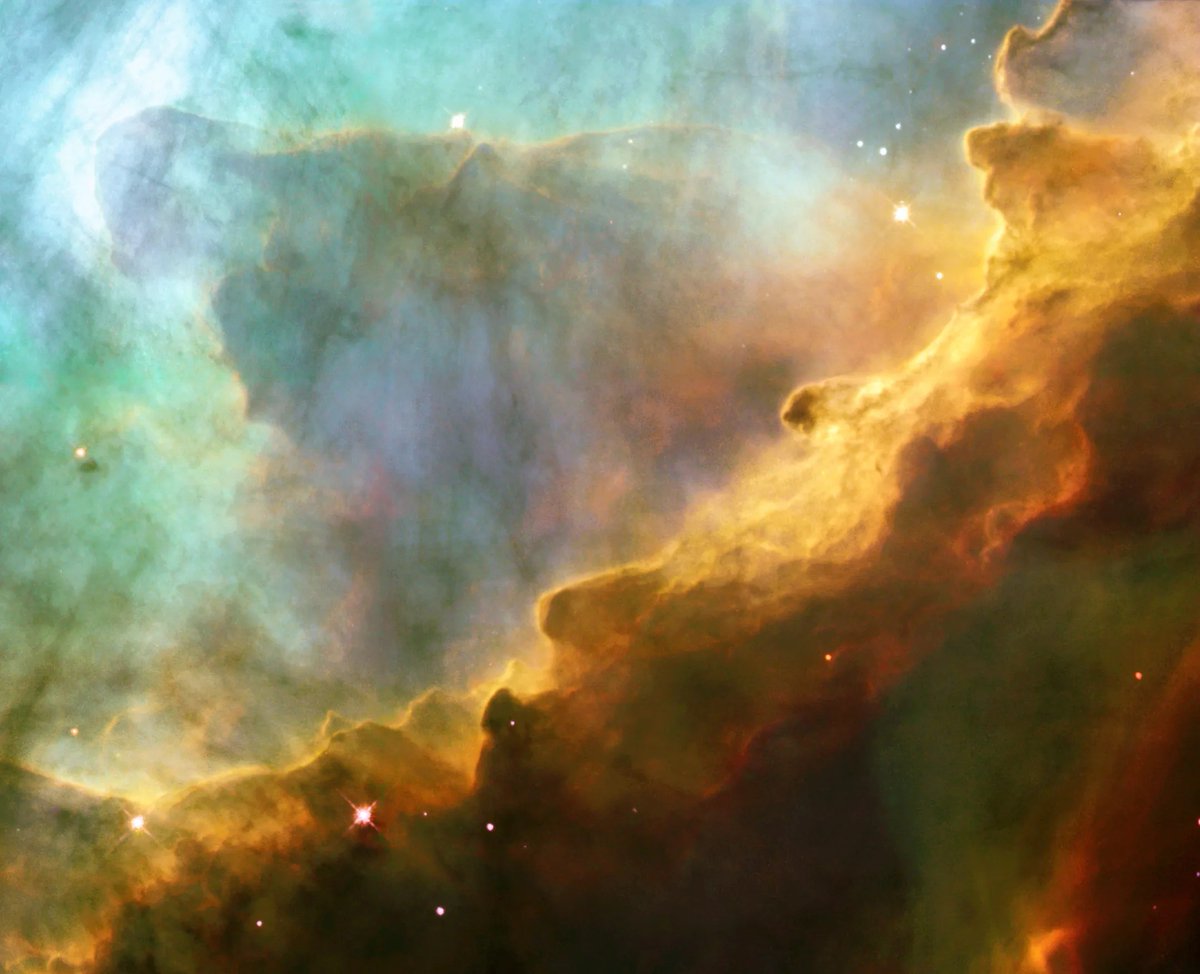
This spooky, mysterious starburst galaxy churns out stars at a high rate. Seen in this #HubbleClassic view, IC 10 has a faint appearance that makes it hard to observe, especially since it's located along a line-of-sight brimming with dust and stars: go.nasa.gov/40uqf7s

On the move 👋 This new #HubbleFriday view shows the galaxy IC 3225, which looks like it's speeding through space. Its distorted shape likely formed when it rammed through a thick intracluster medium of gas and dust, which stripped IC 3225 of some gas: go.nasa.gov/48CT2ZX
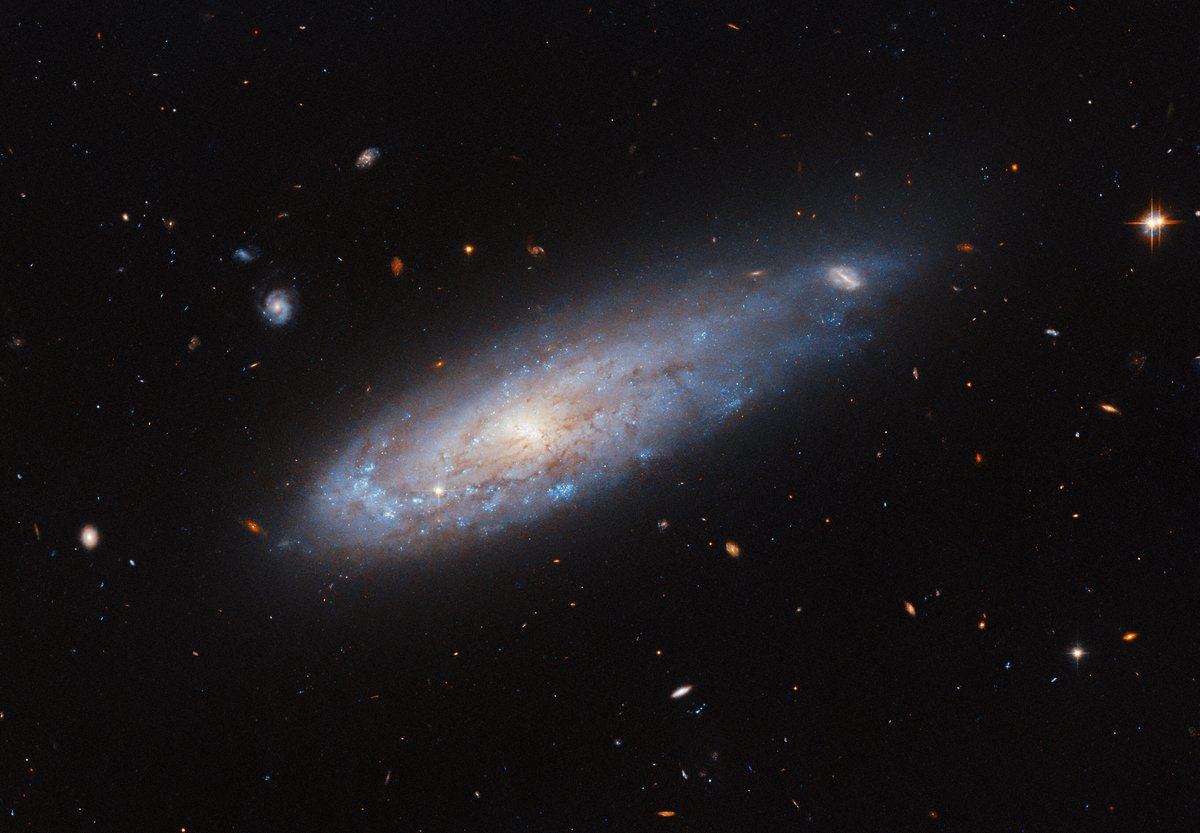
Red Wine Supernova ❤️ Supernova 1987a has been studied by @NASAHubble, @chandraxray, and ALMA, a powerful array of 66 antennas, for over 30 years. Here are a few things they showed us that we didn't know: go.nasa.gov/3YaQFsi

Going out in a blaze of glory 🌟 This #HubbleClassic view shows the spectacular final stage of the life of a star a little less massive than our Sun. Known as NGC 6210, this nebula is made of the cast-off layers of the dying star at its center: go.nasa.gov/4f9SUmu

Come closer... Seen in this new #HubbleFriday image, M90 is getting gradually closer to our Milky Way. It's 55 million light-years away, but its orbit through the Virgo Cluster of galaxies has accelerated so much that it's in the process of escaping it: go.nasa.gov/3zSTeHx

About 700 light-years away, a rambunctious binary star system called R Aquarii undergoes violent eruptions that blast out huge filaments of glowing gas. This new Hubble image provides a dramatic view of this stellar volcano: go.nasa.gov/3NtbiuJ

United States Trends
- 1. $MAYO 9.764 posts
- 2. $CUTO 7.444 posts
- 3. Tyson 375 B posts
- 4. Pence 42,3 B posts
- 5. Laken Riley 33,8 B posts
- 6. Dora 21,8 B posts
- 7. Ticketmaster 15,7 B posts
- 8. Mike Rogers 5.687 posts
- 9. Cenk 9.122 posts
- 10. Mr. Mayonnaise 1.327 posts
- 11. #FursuitFriday 15,1 B posts
- 12. Pirates 17,7 B posts
- 13. Kash 65,5 B posts
- 14. The UK 428 B posts
- 15. Iron Mike 15,4 B posts
- 16. DeFi 105 B posts
- 17. Scholars 10,7 B posts
- 18. Al Gore 3.087 posts
- 19. #LetsBONK 3.510 posts
- 20. Oscars 13,5 B posts
Who to follow
-
 Bill Gates
Bill Gates
@BillGates -
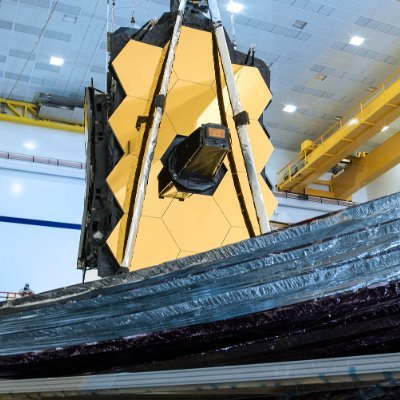 NASA Webb Telescope
NASA Webb Telescope
@NASAWebb -
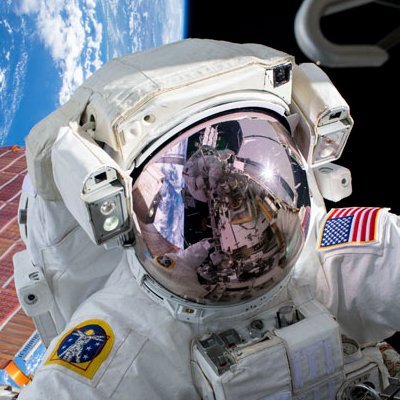 International Space Station
International Space Station
@Space_Station -
 Tesla
Tesla
@Tesla -
 Neil deGrasse Tyson
Neil deGrasse Tyson
@neiltyson -
 Science News
Science News
@ScienceNews -
 NASA Solar System
NASA Solar System
@NASASolarSystem -
 NASA Earth
NASA Earth
@NASAEarth -
 Hubble Space Telescope
Hubble Space Telescope
@HubbleTelescope -
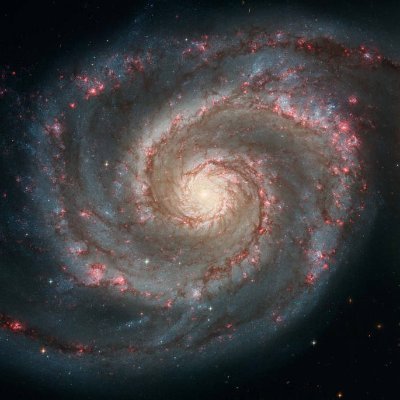 NASA Universe
NASA Universe
@NASAUniverse -
 NASA Technology
NASA Technology
@NASA_Technology -
 NASA Armstrong
NASA Armstrong
@NASAArmstrong -
 SPACE.com
SPACE.com
@SPACEdotcom
Something went wrong.
Something went wrong.

